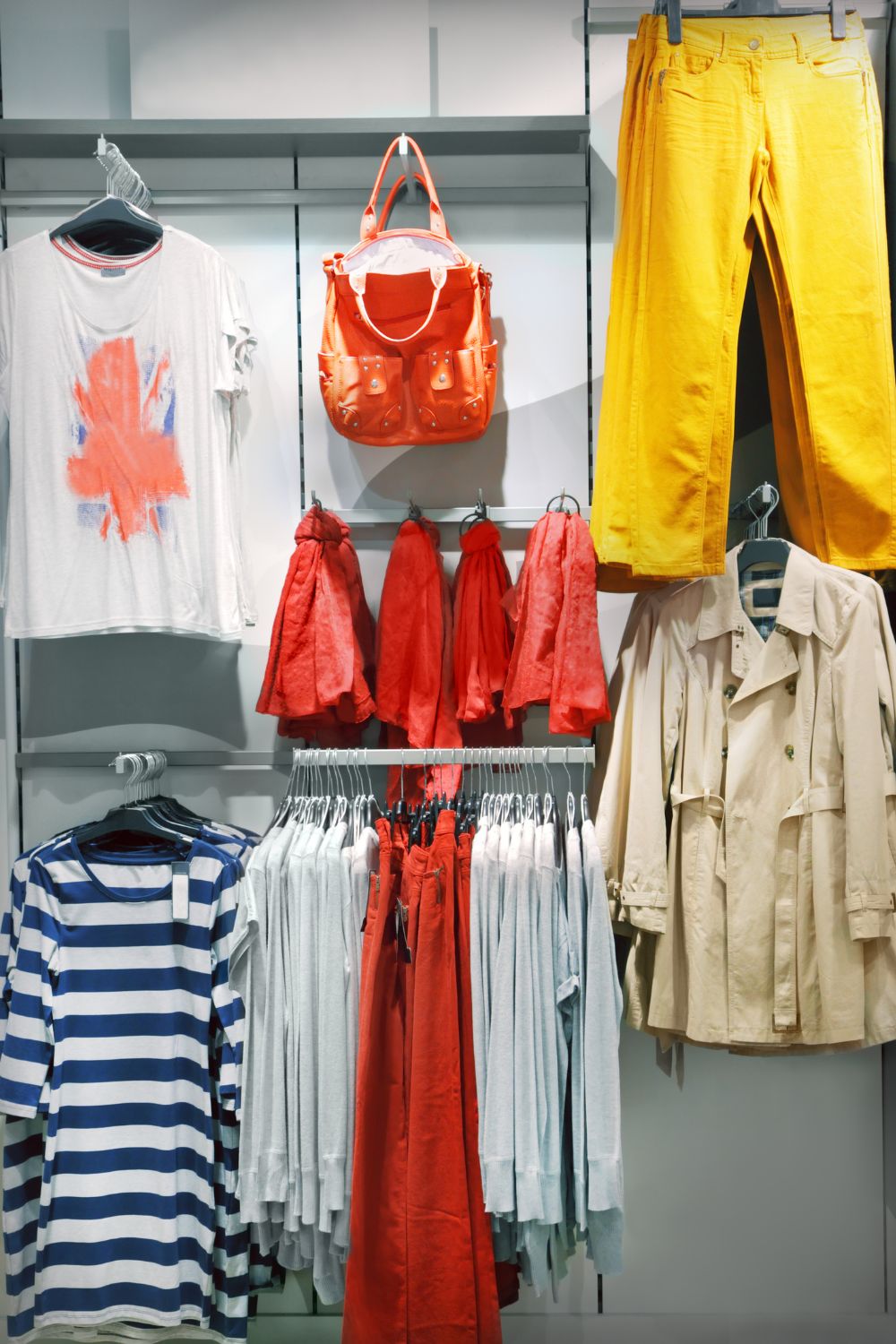Right now there is a lot in the news about new HMRC rules, meaning that people are wondering if you have to pay tax on Vinted sales. Some media outlets are scaremongering, and this could put anyone off making some extra cash. In this post we are going to look at what’s changing at HMRC and whether you need to pay tax on Vinted sales.

There is a lot in the media about the new changes at HMRC, and upon first read, it makes it seem as though you are going to be taxed for selling on Vinted – so you might think that it isn’t worth bothering trying to make some extra cash.
In this story from The Guardian, it says:
‘Anyone selling used clothes on Vinted, renting out their home on Airbnb, or getting rid of old camera equipment on eBay is going to come under fresh scrutiny from the taxman, following a crackdown on income earned from online trading.’
Sounds pretty scary, doesn’t it?
The article goes on to say:
‘Countless sellers who have never declared their income from these sites could soon be on HMRC’s radar and face the prospect of large bills, or even fines, if they do not adhere to the law.’
The articles that are around do make it seem as though you have to pay tax on Vinted sales or face huge fines from HMRC.
However, this isn’t the case.

The article DOES go on to mention:
‘HMRC says people selling off clothes or items that they originally bought at a higher price will not be liable for tax on that income.’
But it isn’t easy to spot amongst the scaremongering.
What is Vinted?
Before we delve into the tax issues, if you haven’t heard of Vinted before then Vinted is a marketplace for buying and selling unwanted items.
Vinted have three main aims:
- Sell simply – make money by easily listing your preloved items – a great way to make money on your phone.
- Shop smarter – find amazing brands that you love at a fraction of the RRP.
- Join the community – join in the Vinted forums or customise your feed for the products that you really want.
The Vinted app is available both on iOS and Android.
Related: Vinted vs Depop
Be sure to check out this post to see how to sell on Vinted without a printer.


Free Selling Tracker
Keep track of your Vinted, eBay and Depop listings with this free tracker
Thank you!
You have successfully joined our subscriber list.
Do you have to pay tax on Vinted sales?
Generally speaking, no, you won’t be taxed on your Vinted sales.
The first thing is that everyone is allowed a £1,000 per tax year (April to April) Trading Allowance.

This means you can make around £19 per week from any method, including online surveys and playing games to earn money before you need to tell HMRC and complete a tax return.
This Trading Allowance is gross, so if you spend £900 and sell those items for £1,000, the entire £1,000 is your Trading Allowance, not just the £100 profit.
Then the other thing is that you do not need to pay tax for selling your unwanted items, like selling clothes you don’t like anymore on Vinted.
You might also like:
- Buying on Vinted
- My Vinted Wardrobe Spotlight experience
- Common Vinted scams
- How does Vinted make money?
- How do you get paid on Vinted?
When do you have to pay tax on Vinted sales?
If you are buying items to sell, from charity shops, car boot sales, etc and you are selling them on Vinted (or anywhere else), then you will need to register as self-employed with HMRC and complete a self-assessment, due every year.
Then, depending on your income and expenses, HMRC will let you know how much tax and National Insurance you need to pay.
You can use free bookkeeping software to help you keep track of your expenses and income.
How to contact Vinted
There are many reasons why you might need to get in touch with Vinted’s support team. Perhaps you’ve fallen for a common Vinted scam or you have a Vinted item not as described.
If you are looking for how to get in touch with Vinted then look no further than our useful article: how to contact Vinted.

What has changed?
What has changed now is that online marketplaces will report earnings to HMRC in an effort to crack down on people who are running small businesses and not declaring their income and paying relevant taxes.
HMRC will use the information they have been provided to decide on appropriate action.
We think that it is unlikely that HMRC will demand to see the original receipts for clothes you have purchased to prove that they are your own unwanted items, but this is a new change so who knows!






.jpg)




